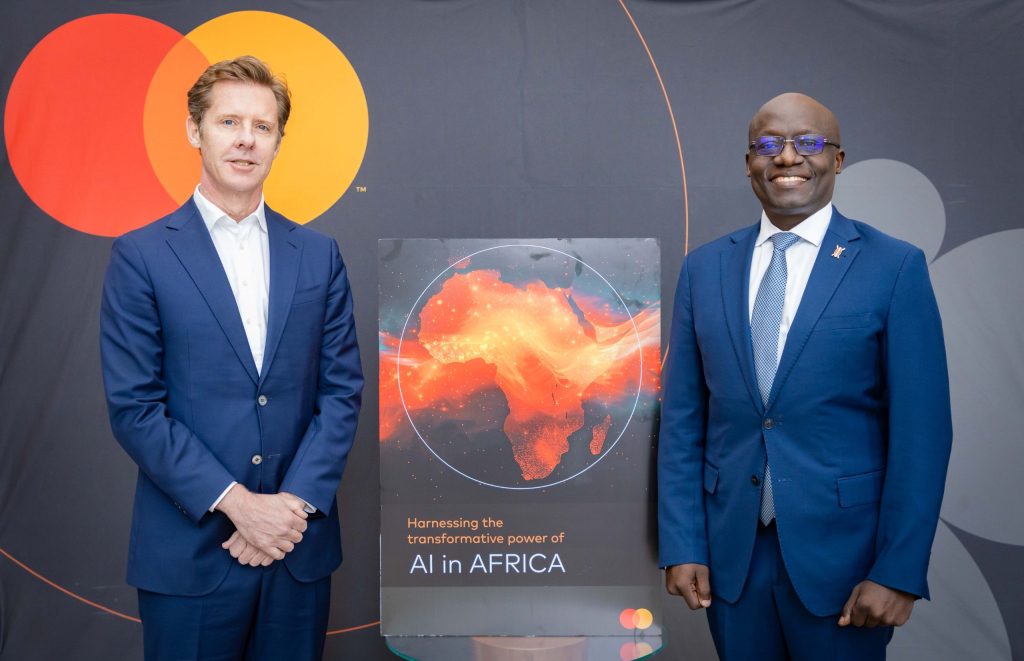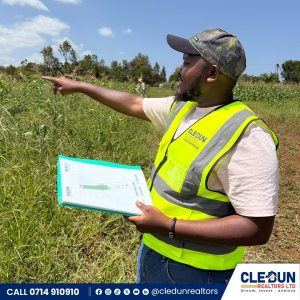• Kenya, South Africa, Nigeria, and Morocco showcase AI’s power to fuel financial inclusion and job creation
• Sub-Saharan Africa projected to generate up to 230 million digital jobs by 2030
Mastercard has released a groundbreaking whitepaper titled Harnessing the Transformative Power of AI in Africa, exploring the continent’s readiness, opportunities, and roadmap for the responsible adoption of artificial intelligence (AI). The study underscores how inclusive, ethical deployment of AI can drive transformative change across key sectors—agriculture, healthcare, education, energy, and finance.
With Africa’s AI market expected to grow from USD 4.5 billion in 2025 to USD 16.5 billion by 2030 (Statista), the whitepaper urges multi-stakeholder collaboration, investment, and policy innovation. It emphasizes that Africa’s youthful demographics, mobile-first infrastructure, and entrepreneurial spirit make it uniquely positioned to shape its AI-driven future.
“Africa’s engagement with AI is already reshaping lives—not just in labs, but in farms, clinics, and classrooms,” said Mark Elliott, Division President, Africa at Mastercard. “To unlock its full potential, we need investment in infrastructure, data, talent, and policy.”
The paper identifies AI’s potential to bolster:
- Digital infrastructure and governance
- Local language processing
- R&D and education
- Inclusive credit scoring and fraud prevention
- AI-driven job creation
Greg Ulrich, Mastercard’s Chief AI and Data Officer, added:
“AI is only as powerful as the trust behind it. This isn’t just innovation—it’s innovation with integrity.”
Country Spotlights: AI Momentum Across Africa
🇿🇦 South Africa
With USD 610 million in AI venture capital raised in 2023, South Africa leads in data readiness and research capacity. It houses the Artificial Intelligence Institute of South Africa and is targeting the creation of 300 AI startups and training 5,000 AI professionals by 2030.
🇰🇪 Kenya
Dubbed the Silicon Savannah, Kenya is emerging as a continental AI powerhouse. Applications range from Tala’s mobile credit scoring to Jacaranda Health’s UlizaLlama, an AI chatbot offering maternal health support in five local languages. The government’s National AI Strategy (2025–2030) seeks to position Kenya as a leader in AI-driven socioeconomic development.
🇳🇬 Nigeria
Nigeria boasts Africa’s second-largest number of AI startups and attracted USD 218 million in VC funding in 2023. Local innovations include Rising Academies for personalized learning and Kudi.ai for microfinance access. With a projected AI market value of USD 1.4 billion by 2025, Nigeria blends government proactiveness with dynamic private-sector innovation.
🇲🇦 Morocco
North Africa’s rising AI hub is embedding AI in health, agriculture, and finance. Institutions like Mohammed VI Polytechnic University and events like the MoroccoAI Annual Conference are shaping national direction. Under the Digital 2030 Strategy, Morocco targets USD 1.1 billion in digital investments and the creation of 240,000 jobs. However, Mastercard warns of challenges including data fragmentation and regulatory inconsistency.
Unlocking Africa’s Digital Future
With up to 230 million digital jobs forecasted by 2030, Mastercard emphasizes that harnessing AI is crucial to accelerating economic growth and financial inclusion. The whitepaper calls for strategic collaboration among governments, global partners, fintechs, and local innovators to bridge infrastructure, policy, and talent gaps.
The report incorporates insights from stakeholders across the continent—including UNESCO, the African Center for Economic Transformation, and fintech pioneers—reaffirming the belief that Africa is not just adopting AI; it’s shaping its global trajectory.







More Stories
Safaricom Director Honored with Global Social Innovation Award
Cledun Realtors Expands Thika Housing Project with Prestige Court Phase II
Former Ichagaki MCA Dr. Mwangi Joins UDA for Murang’a Senatorial Race